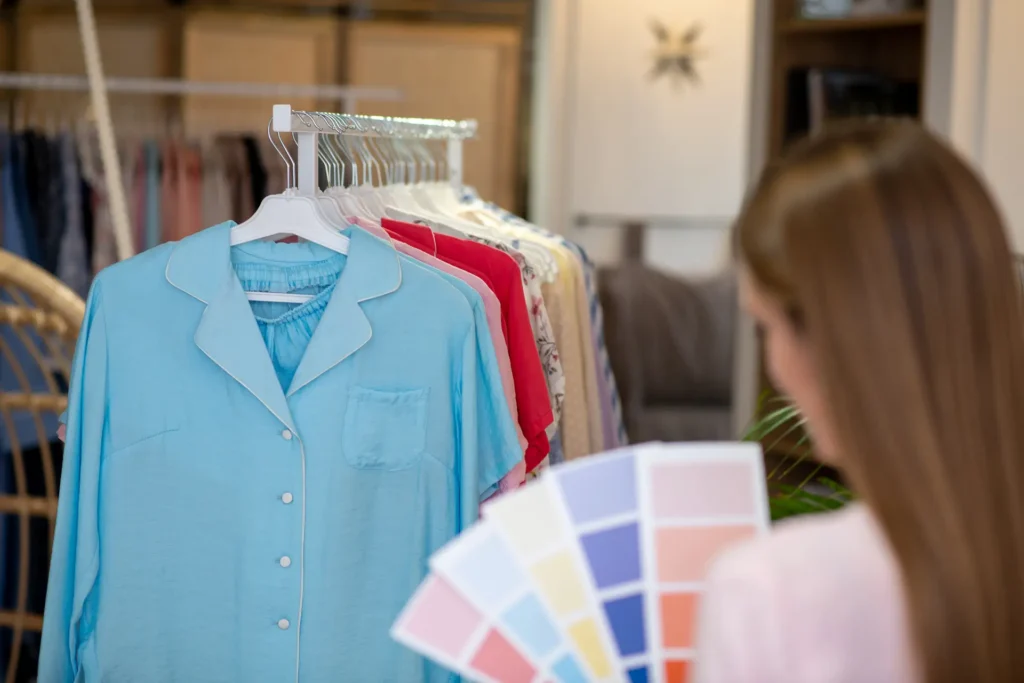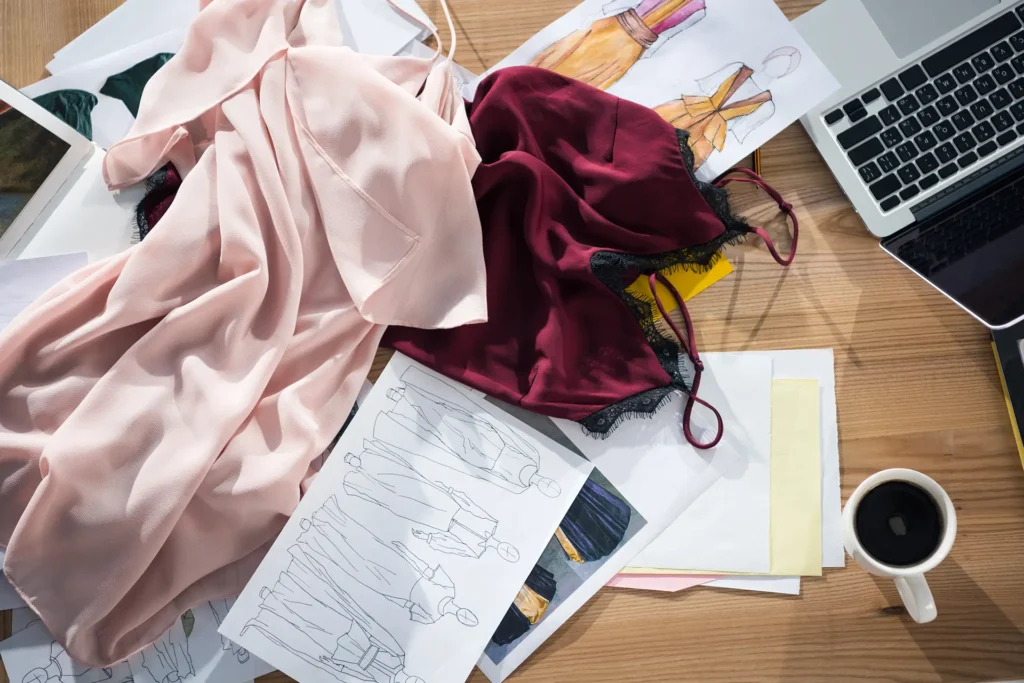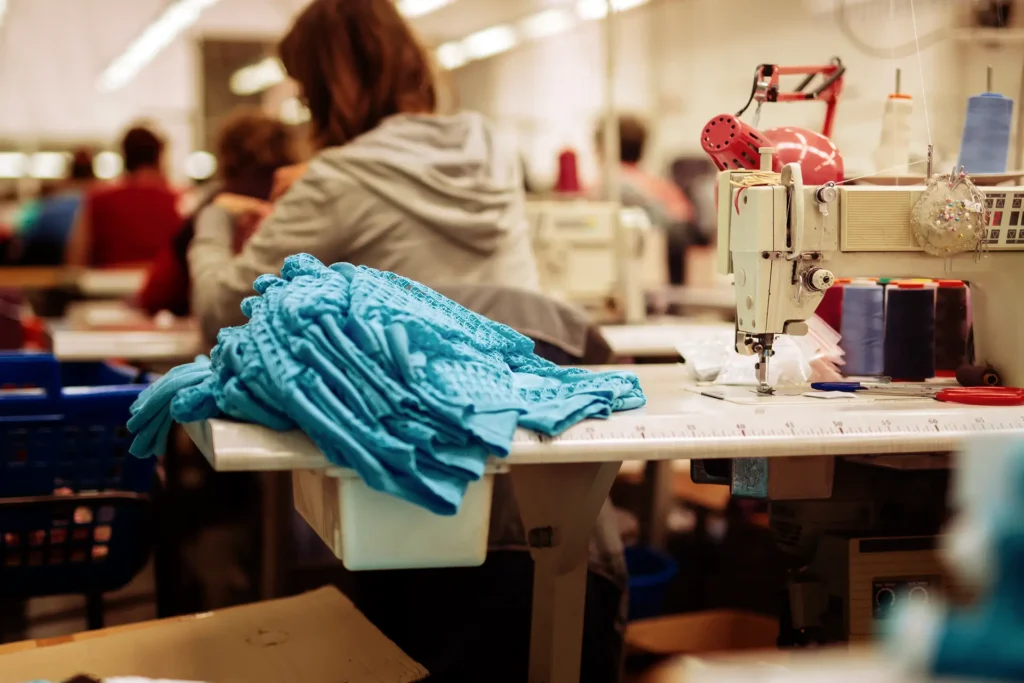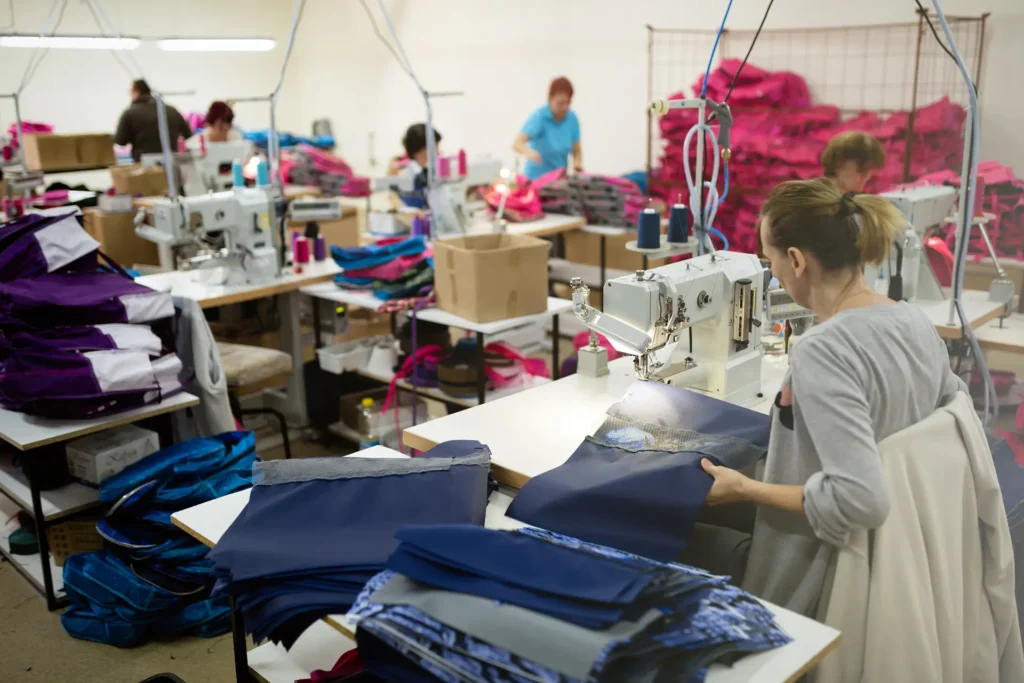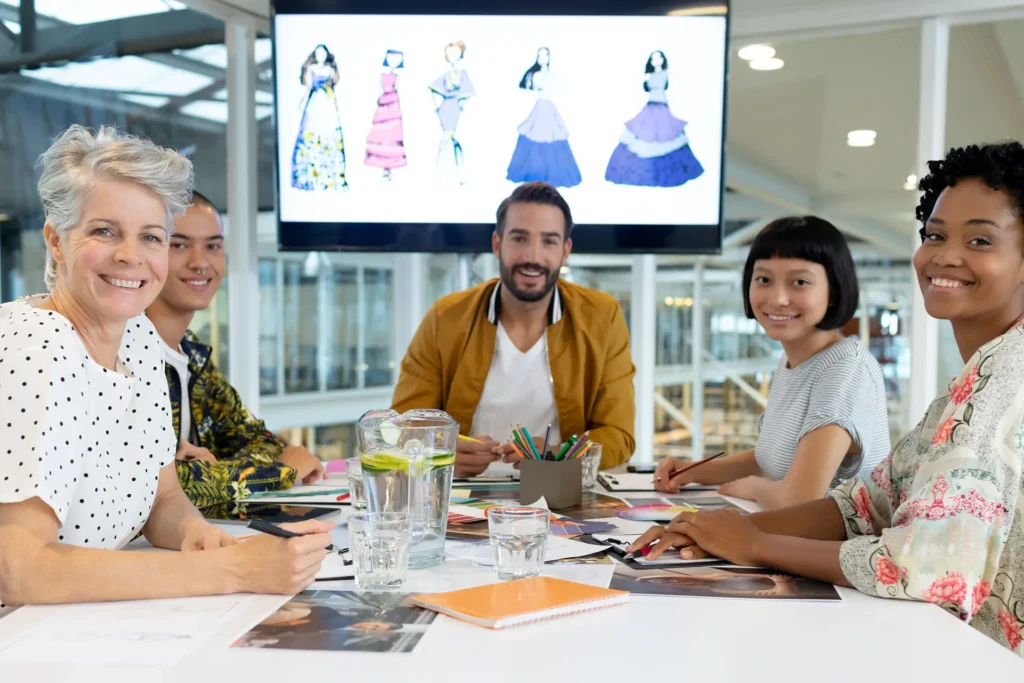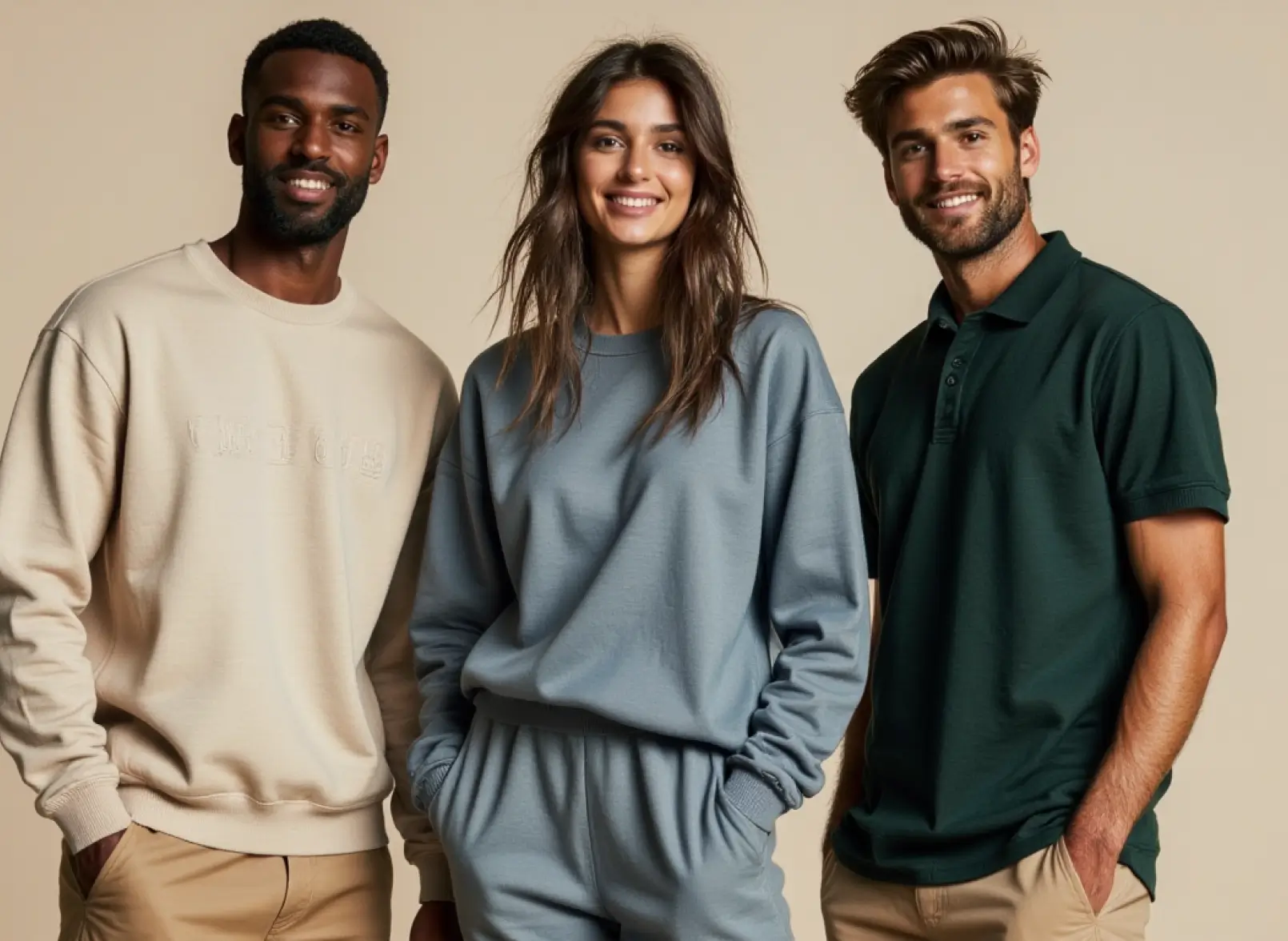CMT stands for Cut, Make, Trim. That means you bring the fabric, patterns, and all materials. They just stitch it together. Full-package manufacturing is different. It includes everything, from sourcing fabric and trims to pattern-making, sampling, labeling, and packing.
If you are new or don’t want to deal with sourcing and logistics, a full package might be a better option. This question helps you understand how much of the process they will handle and how much you will need to take care of on your own.
Also, ask if they help with tech packs, grading (sizing), and hang tags. Every extra task you don’t have to handle can save you time and reduce stress. Their answer will tell you how hands-on (or hands-off) your role will be during production.
8. How Do You Handle Quality Control?
Quality control isn’t just about spotting mistakes, it is about preventing them. You need to know how the clothing manufacturer checks the work before your order ships. Ask if they have a system in place. Do they inspect each piece or just a few from each batch? Do they check stitching, sizing, fabric flaws, and finishing?
Also, ask who handles the inspection; someone on their team or an outside quality expert? The answer tells you how seriously they take their work. A strong quality process helps you avoid damaged goods, bad fits, and unhappy customers. You should also ask if you will receive photos or reports before they ship the order.
If they don’t have a clear answer or can’t explain how they handle quality, that’s a problem. You don’t want to fix mistakes after the fact. You want to stop them before they leave the factory.
9. What Happens If There’s a Mistake in the Order?
Mistakes happen, even with the best manufacturers. What matters most is how they respond when something goes wrong. You need to ask what the clothing manufacturing process is if your products come back with defects, wrong colors, or incorrect sizes.
Will they fix the issue? Offer replacements? Give you a discount on the next order? Do they offer partial refunds? Get their policy in writing. You don’t want to be stuck eating the cost for a problem you didn’t cause.
It is also helpful to ask who you should contact if there is an issue, and how quickly they typically respond. The best manufacturers will admit that mistakes can happen and will have a clear, fair way to make it right.
10. Can I Visit Your Factory or See a Virtual Tour?

